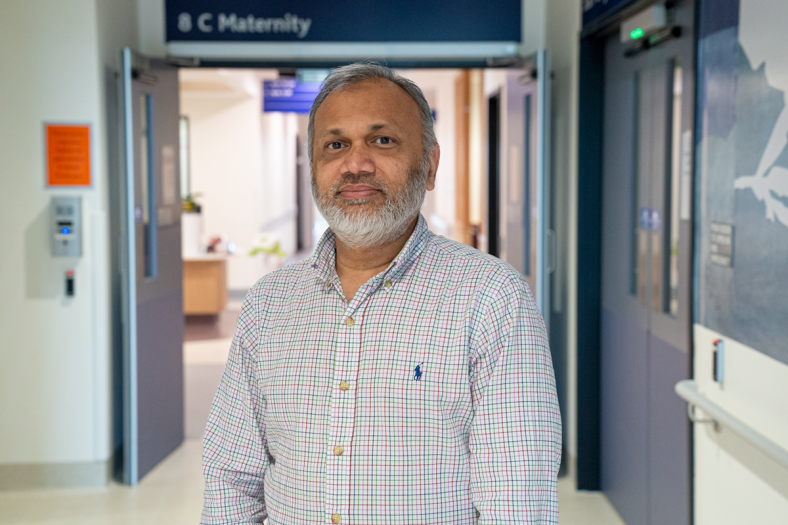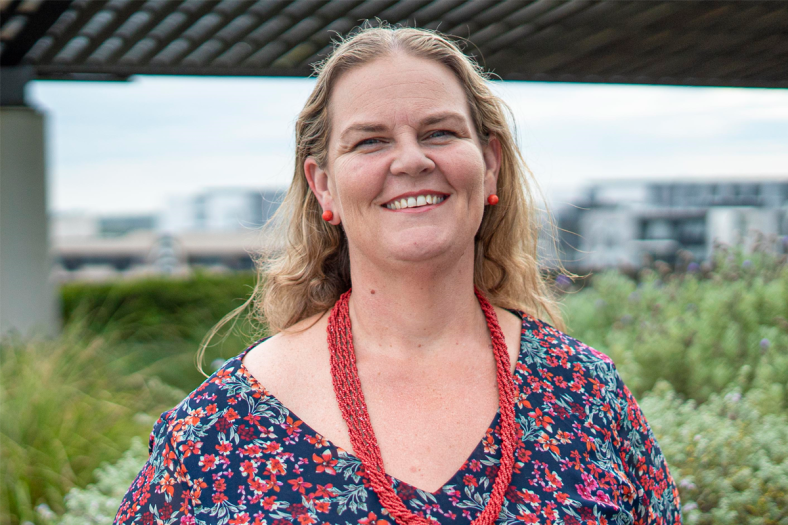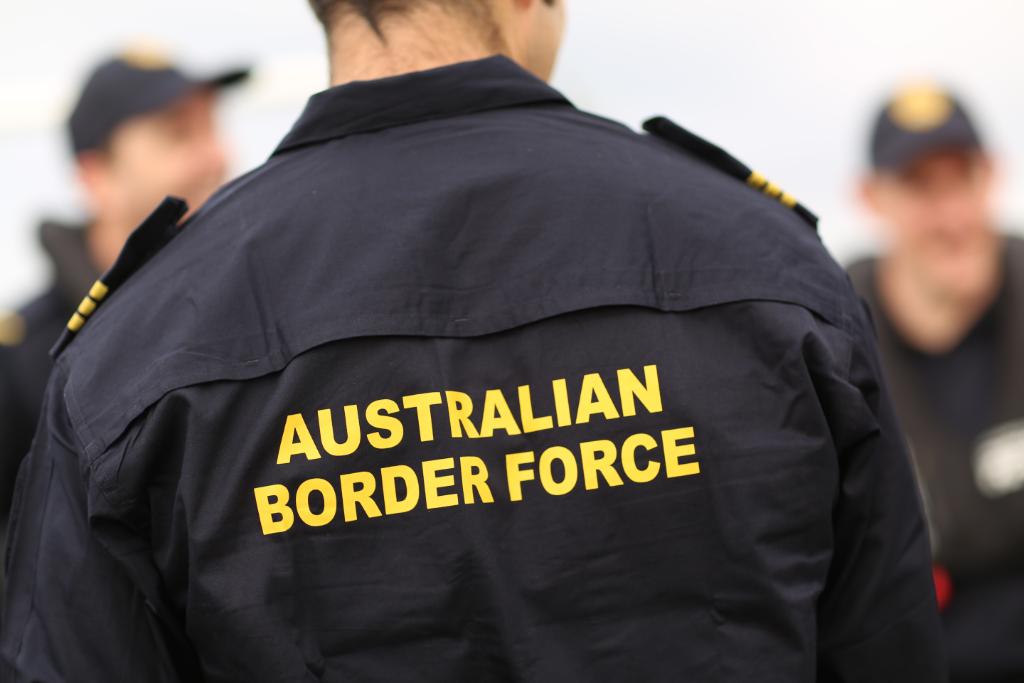New research has confirmed Nepean Blue Mountains Local Health District (NBMLHD) is making significant strides in Closing the Gap, as more and more First Nations women and children experience positive maternal and neonatal health outcomes.

Clinical Associate Professor Dr Habib Bhurawala
First Nations peoples make up approximately 4.7% of the NBMLHD population, the highest percentage of First Nations peoples across all NSW metropolitan health districts.
A Nepean Hospital led study examined birth and health-determining characteristics of 470 First Nations infants born at the Hospital, alongside their mother’s pregnancy and birth outcomes.
Clinical Associate Professor Dr Habib Bhurawala, one of the lead researchers on the study, says results showed that despite challenges facing First Nations mothers and infants, there was no significant difference in maternal morbidity or adverse birth outcomes for First Nations infants in comparison to non-First Nations groups.
“We found that First Nations mothers did not have an increased risk of maternal morbidity nor any difference in rates of caesarean section, resuscitation at birth, NICU admission, preterm birth or birthweight,” says Habib, who is also Head of Paediatrics at Nepean Hospital.
“However, there is still more that can be done to address the immense challenges faced by First Nations parents during pregnancy. These women are still more likely to face socioeconomic disadvantage, teenage pregnancies, psychosocial issues, smoking, drug and alcohol use, and mental illness.”

NBMLHD Director of Aboriginal Health, Rachel Scobie
Results from the research do not underscore the importance of providing culturally specific health services to improve health outcomes for Aboriginal and Torres Strait Islander communities.
NBMLHD Director of Aboriginal Health, Rachel Scobie says improved access to culturally appropriate health programs is helping communities engage more with health services across the District.
“The District places a lot of emphasis on consumer-led feedback to enhance their health programs. We’re empowering Aboriginal communities to shape how they want services delivered so that they can feel safe and assured in knowing that health professionals can be trusted to improve their health outcomes,” says Rachel.
“This study highlights the importance of the continuation and expansion of First Nations-specific programs in NBMLHD to be able to support women and children through the antenatal period and infancy.”
NBMLHD offers a range of Aboriginal maternity care programs to help women and their families feel safe during their journey from pregnancy, child birth and beyond including:
- Aboriginal Caseload Midwifery
- Aboriginal Maternal Infant Health Service (AMIHS)
- Aboriginal outreach clinic
- Mudang Mudjin (Building Strong Foundations service)
Full findings of the research can be found on the Journal of Paediatrics and Child Health website.





